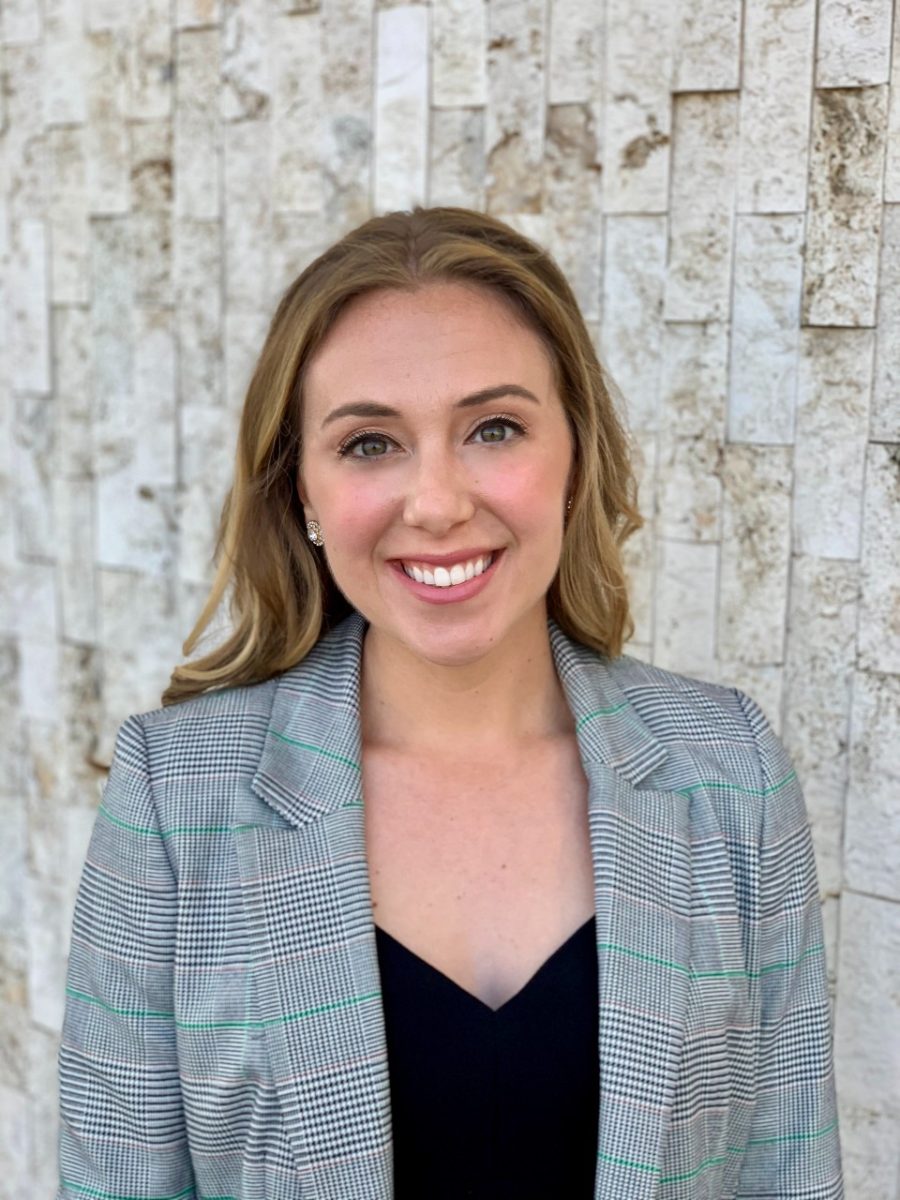Good leaders help their teams understand how their work fits into the bigger organizational picture. In this 3rd installment in my series exploring leadership, the military, and law, you’ll learn how former Navy Lieutenant and F/A-18 Weapons System Officer, Elizabeth Hall, is using her military training to kick start her legal career.
Liz knew from a young age that military service would be part of her career. Both of her grandfathers served in the military – her maternal grandfather served in the Navy during WWII, and her paternal grandfather served in the Army Air Corps, flew in WWII, and in the Berlin Air Lift. Her dad’s love of military aviation inspired her to explore the service academies while in high school. As a result, Liz decided to attend the United States Naval Academy (“USNA”).
When Liz graduated from the USNA, she commissioned as an Ensign in the US Navy and spent her first two years in Pensacola in flight school, training to be a Naval Flight Officer. While portions of her training involved piloting aircraft, she primarily trained to learn how to operate aircraft navigation, weapons, communications, and radar systems and aircraft tactics. She was selected to be a weapons systems officer in the two-seat variant (two seat cockpit) of the F/A-18 aircraft.
Flying an F/A-18 requires precision and courage
Liz deployed in 2014, and she began her deployment flying missions to Afghanistan as part of Operation Enduring Freedom. In June 2014, her aircraft carrier was redirected to the Persian Gulf, and she started flying missions in Iraq and Syria.
I asked Liz to help me get a better sense of what it meant to fly on a typical mission in the campaign against ISIS. Here is how she described it: Two F/A-18’s would take off from the aircraft carrier together from the Persian Gulf and would fly over Kuwait and into Iraq. Most missions would last 6-10 hours and carry a standard air-to-ground payload. Each multi-hour mission was precisely calculated down to the minute from start to finish. A Joint Terminal Attack Controller (“JTAC”), a service member who requests and authorizes combat air attacks, was their point of contact on the ground. The JTAC would direct the flight of F-18s about the specifics of their tasking (which was often unknown in advance and very dynamic, as were the Rules of Engagement).
Some missions involved identifying targets on the ground, such as an ammunition storage facility or a hostile vehicle that might need to be destroyed; while other times, Liz and her flight would simply need to provide escort or surveillance.
In addition, the aircraft needed to be refueled periodically during the mission as it would only have about 90 minutes worth of on-station fuel at any given time. An aircraft carrier isn’t like a commercial airport. Navy F/A-18 aircraft must land on an aircraft carrier at certain specifications. Liz and her team needed to have enough fuel to get back to the aircraft carrier at precisely the assigned recovery time, and yet be light enough to safely catch the ship’s wire to stop the plane in an arrested landing
Leadership training starts early
Leadership training started at the USNA. Liz had an intense academic workload that included courses, like ethics and leadership. She said this was great exposure to the complex situations she would encounter during her career. Throughout her career as an aviator, most of the leadership lessons she learned were from her commanding officers and superiors – she learned by observing how they led their squadrons. She had six different commanding officers and admired leadership qualities like humility. Most of her commanding officers were incredible aviators and colleagues, yet also very humble about their abilities and what they had achieved. They wouldn’t hesitate to say that they still needed to study tactics or stay late to prepare for a flight the next morning—tasks that are usually delegated to the most junior flight members.
As a mission commander for two or four aircraft, Liz would often have to make dynamic decisions based on scenarios she might not have seen before, based on the best information she had at the time, and knowing that she might not be able to call back to the ship to ask for guidance from someone more senior. She admits that it can be hard to get to that level of confidence, but the hours she spent training and observing how others more senior handled tough situations set her up for success. She said, “You never take off without any information you should have known.”
Liz left the military in 2017 and went to law school at the University of California, Berkeley. She had always been interested in becoming a lawyer, but she wasn’t able to select the JAG Corps after graduating from the USNA. The USNA requires graduates to choose specific paths post-graduation, and those options did not include the JAG Corps. She’s thankful for the path she took. She learned a lot of leadership lessons and gained a lot of perspective from her time in the military that she now applies to her work as a new associate.
Her deployment was 9.5 months, and life on a ship isn’t glamorous – it’s backbreaking work. She knew that even if she had a long day, those under her charge likely had a longer and harder day, so it was important for her to keep a positive attitude for them. She learned to take the extra time to explain a mission in more detail to the person who fueled the aircraft. She showed the approved video sensor footage of a bomb that was dropped to the person who loaded the weapons on the aircraft. Those extra explanations provided inspiration and kept the aircraft maintenance crew involved and feeling like they were connected to the mission and contributing.
People need to understand the broader purpose of their work. She also tries to communicate early and often with partners and senior associates. She said, “You never want to be the most senior person with a secret.” Liz thinks that starting leadership conversations early would be an important first step for law firms to take. In addition, junior lawyers need to be exposed to as many opportunities as possible.
Leaders in law have a unique opportunity in the coming months to help their people re-group after a once-in-a-generation life changing event. How will you spark important leadership conversations with your teams?
Please click here to order my new book, Beating Burnout at Work: Why Teams Hold the Secret to Well-Being and Resilience.
For more in this series, please read Leadership Lessons from an Air Force JAG, Leadership Lessons From A Former Armor & Cavalry Officer, and Leadership Lessons From A Former JAG Officer







